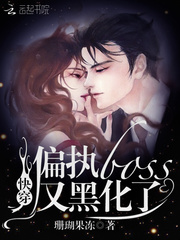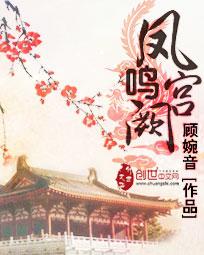CHAPTER IX
您可以在百度里搜索“Now It Can Be Told 艾草文学(www.321553.xyz)”查找最新章节!
CHAPTER IX
It was another commander-in-chief who received us some months after the battle of Loos, in a chateau near Montreuil, to which G. H. Q. had then removed. Our only knowledge of Sir Douglas Haig before that day was of a hostile influence against us in the First Army, which he commanded. He had drawn a line through his area beyond which we might not pass. He did not desire our presence among his troops nor in his neighborhood. That line had been broken by the protests of our commandant, and now as Commander-in-Chief, Sir Douglas Haig had realized dimly that he might be helped by our services.
It was in another French salon that we waited for the man who controlled the British armies in the field—those armies which we now knew in some intimacy, whom we had seen in the front-line trenches and rest-camps and billets, hearing their point of view, knowing their suffering and their patience, and their impatience—and their deadly hatred of G. H. Q.
He was very handsome as he sat behind a Louis XIV table, with General Charteris—his Chief of Intelligence, who was our chief, too—behind him at one side, for prompting and advice. He received us with fine courtesy and said:
“Pray be seated, gentlemen.”
There had been many troubles over censorship, of which he knew but vaguely through General Charteris, who looked upon us as his special “cross.” We had fought hard for liberty in mentioning units, to give the honor to the troops, and for other concessions which would free our pens.
The Commander-in-Chief was sympathetic, but his sympathy was expressed in words which revealed a complete misunderstanding of our purpose and of our work, and was indeed no less than an insult, unconscious but very hurtful.
“I think I understand fairly well what you gentlemen want,” he said. “You want to get hold of little stories of heroism, and so forth, and to write them up in a bright way to make good reading for Mary Ann in the kitchen, and the Man in the Street.” The quiet passion with which those words were resented by us, the quick repudiation of this slur upon our purpose by a charming man perfectly ignorant at that time of the new psychology of nations in a war which was no longer a professional adventure, surprised him. We took occasion to point out to him that the British Empire, which had sent its men into this war, yearned to know what they were doing and how they were doing, and that their patience and loyalty depended upon closer knowledge of what was happening than was told them in the communiques issued by the Commander-in-Chief himself. We urged him to let us mention more frequently the names of the troops engaged—especially English troops—for the sake of the soldiers themselves, who were discouraged by this lack of recognition, and for the sake of the people behind them... It was to the pressure of the war correspondents, very largely, that the troops owed the mention and world-wide honor which came to them, more generously, in the later phases of the war.
The Commander-in-Chief made a note of our grievances, turning now and again to General Charteris, who was extremely nervous at our frankness of speech, and telling him to relax the rules of censorship as far as possible. That was done, and in later stages of the war I personally had no great complaint against the censorship, and wrote all that was possible to write of the actions day by day, though I had to leave out something of the underlying horror of them all, in spite of my continual emphasis, by temperament and by conviction, on the tragedy of all this sacrifice of youth. The only alternative to what we wrote would have been a passionate denunciation of all this ghastly slaughter and violent attacks on British generalship. Even now I do not think that would have been justified. As Bernard Shaw told me, “while the war lasts one must put one's own soul under censorship.”
After many bloody battles had been fought we were received again by the Commander-in-Chief, and this time his cordiality was not marred by any slighting touch.
“Gentlemen,” he said, “you have played the game like men!”
When victory came at last—at last!—after the years of slaughter, it was the little band of war correspondents on the British front, our foreign comrades included, whom the Field-Marshal addressed on his first visit to the Rhine. We stood on the Hohenzollern Bridge in Cologne, watched by groups of Germans peering through the escort of Lancers. It was a dank and foul day, but to us beautiful, because this was the end of the long journey—four-and—a-half years long, which had been filled with slaughter all the way, so that we were tired of its backwash of agony, which had overwhelmed our souls—mine, certainly. The Commander-in-Chief read out a speech to us, thanking us for our services, which, he said, had helped him to victory, because we had heartened the troops and the people by our work. It was a recognition by the leader of our armies that, as chroniclers of war, we had been a spiritual force behind his arms. It was a reward for many mournful days, for much agony of spirit, for hours of danger—some of us had walked often in the ways of death—and for exhausting labors which we did so that the world might know what British soldiers had been doing and suffering. Now It Can Be Told
